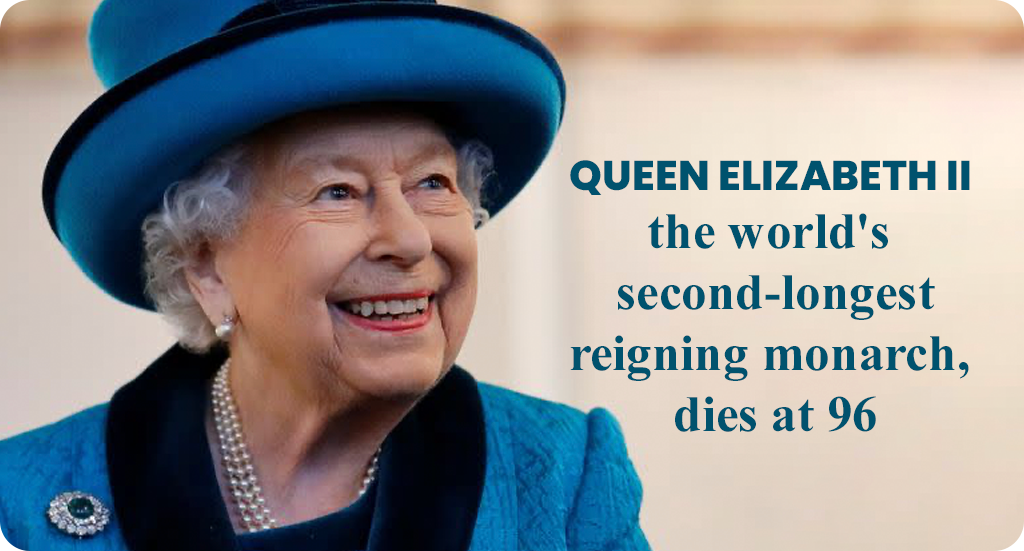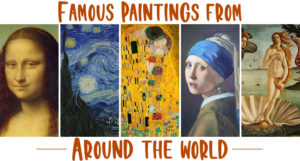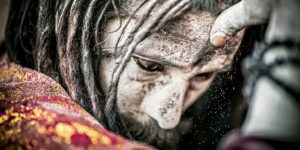Queen Elizabeth II, the longest-reigning monarch in the history of Britain, died on September 8 at Balmoral Castle, her summer residence in Scotland, at the age of 96. The queen’s family, who announced the news of her death, said in a statement that she had died peacefully. The reason of the death was not mentioned in the statement. Among the world’s most respected monarchs, Queen Elizabeth had celebrated her Platinum Jubilee in February this year, marking 70 years of public service. Her son and first-born Prince Charles III has now formally been proclaimed king.
Her final act of public service was the appointment of Liz Truss as UK’s prime minister just two days before her death. The British Monarch’s death comes at a time of great economic turbulence in a Britain, which is plagued with rising energy bills, inflation, and a looming climate disaster. She was the only symbol of continuity not just in her country but also in an ever-evolving world.
Born on April 21, 1926, Elizabeth Alexandra Mary Windsor was the first child of Albert, Duke of York, second son of King George V, and his duchess, Elizabeth Bowes-Lyon.
Even though she had no formal schooling, Elizabeth was well-versed with a variety of languages and was thorough in constitutional history.
After George V’s death in 1936, his eldest son (David) became the king for a short while but had to abdicate because his wife was a divorcee. The mantle then passed on to Elizabeth’s father the same year.
Three years later, Elizabeth accompanied the King and Queen to the Royal Naval College at Dartmouth, where she met her third cousin and future husband, Prince Philip of Greece, a navy cadet. The two kept in touch through letters and by the time Elizabeth turned 18, they were in love.
Her first public speech was in 1940 at the BBC Children’s Hour to reassure children who had been separated from their parents during the Blitz (German Bombing of British towns and cities).
During World War II, Elizabeth joined the Auxiliary Territorial Service (ATS), the women’s branch of the British military, and trained as a truck driver and mechanic.
Elizabeth and Prince Philip married in 1947. Her husband continued to serve in the Navy and was posted in Malta. Her father died in 1952 while she was away with Philip on an overseas tour and Elizabeth was crowned as the queen of the British Empire.
Queen Elizabeth II has been widely considered a politically neutral figurehead. She ascended the throne as a young woman in a male-predominated society and was effectively tasked with being seen but not heard. While many in the royal family chose to be vocal about their political ideology and private lives, it was really rare for the queen to express herself. Only recently, when allegations of racism in the royal family surfaced, she made a rare public statement, calling the remarks made by her relatives “concerning” and announcing that the claims would be investigated in private.
Queen Elizabeth’s reign, however, was marred by her son Charles’s rocky marriage and divorce with princess Diana. Charles’ affair with Camilla Parker Bowles (now his wife) which led to the divorce and Diana’s death in a car accident in 1997 sparked a huge wave of resentment against the royals and turned public opinion against them. However, the Queen continued to maintain a stoic silence through it all.
Queen Elizabeth’s practised impartiality was of great advantage to the whole of the UK, giving a huge boost to the country’s nationalism. Her acceptance among the people and longevity played a pivotal role in maintaining Britain’s ties to Europe. That she died almost universally beloved and respected, even by anti-monarchists, is one measure of her personal achievement.
Queen Elizabeth II has seen Britain and its command over the world change drastically in front of her eyes. When she ascended to the throne, the UK held more than 70 overseas territories as part of the British Empire. The number has dwindled over the years to 14 as monarchies all around the globe have been fading.
Queen Elizabeth is survived by her sons, King Charles III, Prince Andrew, and Prince Edward, and her daughter Princess Anne.








